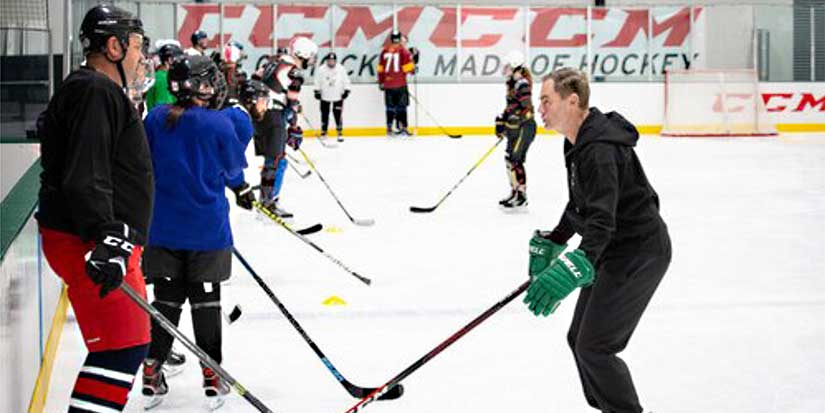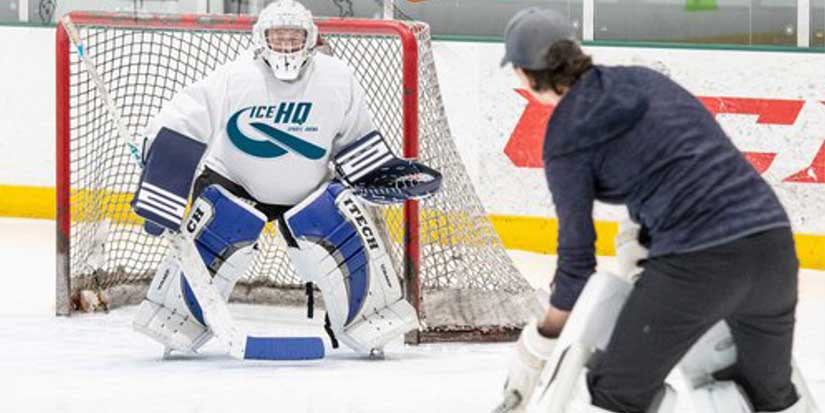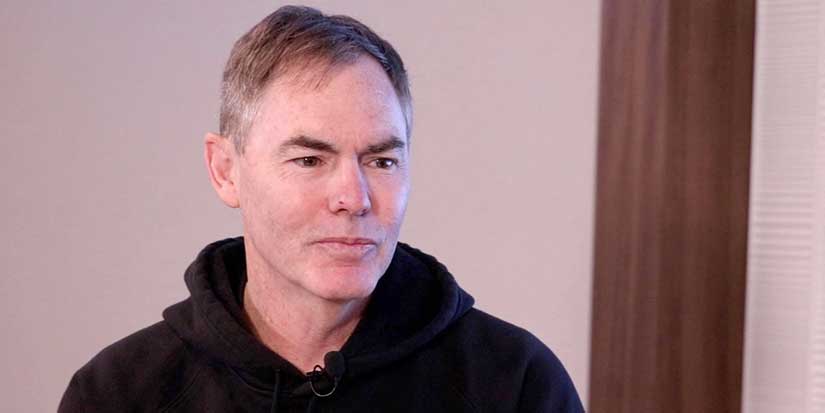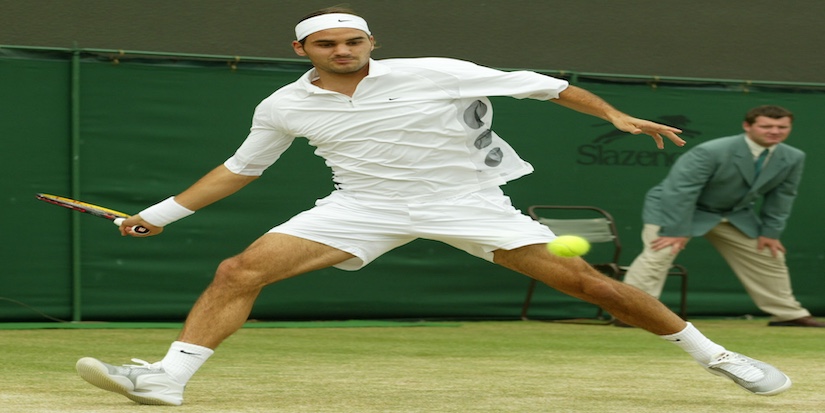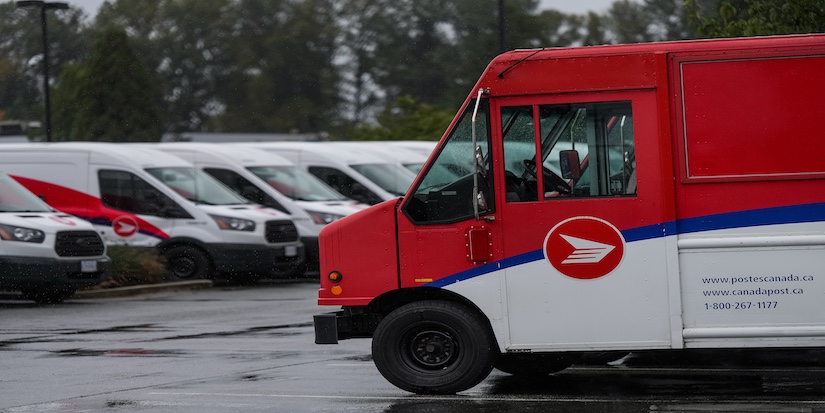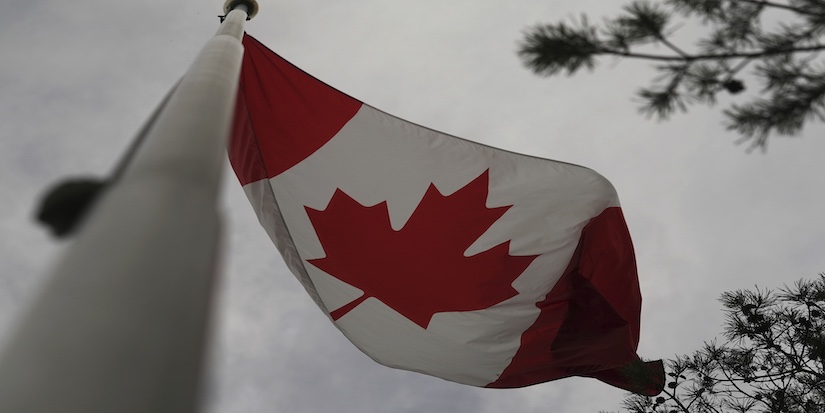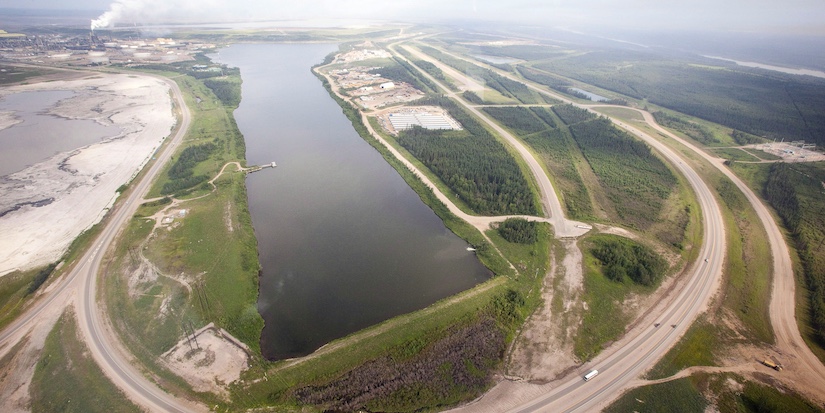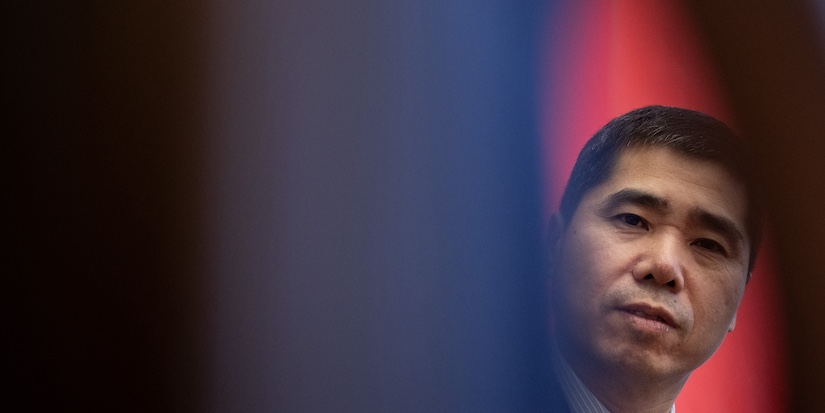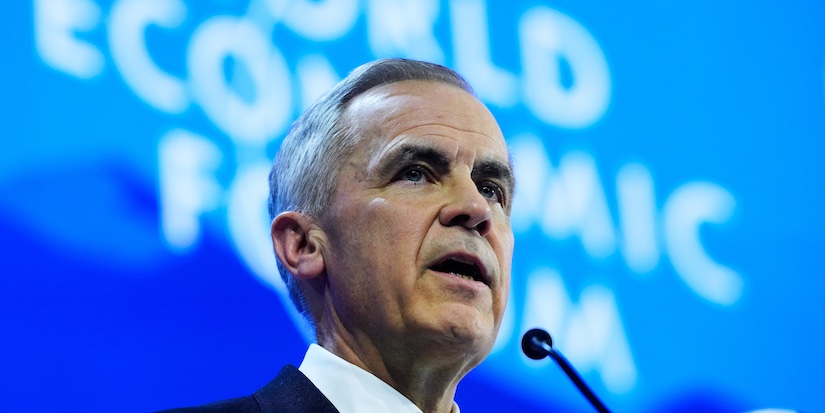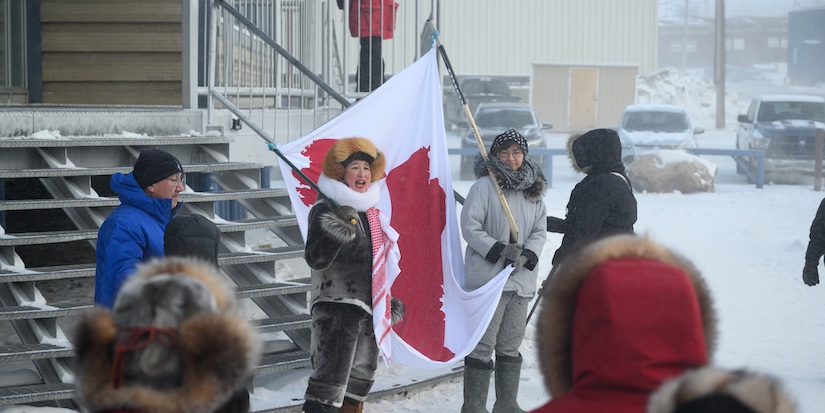Sports
One man’s vision for hockey in Australia

—
The Richmond Sentinel (RS) sat down with Ross Fisher (RF), owner and managing director of Australia Skate Company in Melbourne, Australia. Sitting in the players’ lounge at the Richmond Olympic Oval during the CARHA Hockey World Cup, the following story unfolded.
RS: Ross, I understand that you embarked on a journey to bring ice hockey to Melbourne when hockey was relatively new to most. You needed an ice rink so you decided to take it upon yourself to build an ice rink. You gathered people to get involved. Because many didn’t know how to skate nor play hockey, you developed programs to address this. Can you explain how it all began and how you incorporated the different levels of learning so that eventually they could play hockey?
RF: Thanks for having me and it’s great to be here. Obviously for us, this whole tournament has been a fantastic experience. It’s going to have a lot of great memories for the players that came. The history of my experience goes back to 1996 when my daughter was into figure skating and my son played street hockey and wanted to play inland hockey. I quickly grabbed onto the sport and realized that it’s an exciting sport to watch, so I looked for a venue and started with a roller hockey rink in 1998. It was a long process and finally in 2018 we opened our ice rink. We had some players that had played inland hockey before, so we developed programs for new players to bring them into the sport. It just exploded resulting in a passionate group of hockey players that have been playing for a couple of years now, who are a large part of the group that we brought from Australia to the CARHA tournament.
RS: When you mention passion I was here for the media reception and a player came in by himself wearing an Australian shirt so I chatted with him. He said that they lost their first game 8-1 but if you were in the locker room you’d think they had won, they we’re so grateful for being part of this tournament. He also expressed, the friendships that have developed were totally different from other sports he had played.
Ross he also said, that you run a very respectful operation, that if players are being bullied or players are too aggressive you want no part of that. You want players to learn how to skate and play hockey and be part of something like this tournament.
RF: Absolutely, our recreation league at our rink run three seasons, we have over 60 teams each season which tops over a 1,000 players so from a management point of view we want to make sure when people come to play recreational hockey we don’t want them to worry about getting injured. Everyone has to get up and go to work the next day.
RS: You’re right they’re not playing professional hockey or making a living at playing hockey so you don’t want anyone getting injured. I understand you have a junior league, a men’s league and a women’s league, is that correct?
RF: Yes, the women’s and junior league is really an important part of our program. The adult senior programs tends to take care of itself in regards to growth as they fall in love with the sport as soon as they find out about it. One of the biggest growth area is the women’s program, we have from junior development entry level to our recreational league. We have nearly 200 female players that play just in our leagues which has led us to launch a new league that will start this year. We are calling it our pro-winter league for women only and we’ll have three competitive teams with a draft process and those teams will play throughout the season. It’s a fantastic development for our younger female players who at age 14 will be eligible to play in that league.
RS: Will you be working towards developing an Olympic women’s team?
RF: There’s no doubt in Australia our women’s program has a much greater opportunity to play at Olympic level but it’s a tough gig to get into that level of hockey. With the passion, growth and the opportunity we have some very talented players, home grown that are coming through our junior players program. The girls recently won their division at their recent tournament and the junior men won their division as well. The growth and talent coming through is a real positive sign for the sport.
RS: Looking back, when you first started on this journey how did you get the word out to the community because at the time ice hockey was really only street hockey.
RF: We had the inland hockey rink that we ran as a multi-sport centre that included roller derby, inland hockey and lacrosse so we had a base that we were able to grow from when we did open the ice rink, and word just got out. Those that entered the development program had so much fun they brought their friends and it grew from there. Wednesday is our development program day with junior development of 30 students age 10 and under that are just starting competition playing right through to the senior development program—the rink is full.
RS: Ross you said you’re not demonstrating big wins but it’s the experience. I understand that you brought four teams to compete in the CARHA tournament, what age groups are playing.
RF: We do, we have four teams competing, two teams in the 35-plus age division as it suited more at the development of where our teams are at this time versus playing in the 25-plus age division which is a tough division and fantastic for our players to watch.
RS: We are sitting here in the players lounge over looking two rinks and two games, you can see the quality of the hockey being played. Again, for your players that are part of the tournament it’s an incentive when they return to Australia to work toward the next CARHA Hockey World Cup which happens every four years. You brought families with you as well have you been out touring the city to see a lot of the tourist sites.
RF: A lot of the players and their families turned this into a travel experience as well as the hockey experience so I’ve been organizing things to do with a couple of buddies. We went to the Capilano Suspension Bridge it was a beautiful day, it was amazing to walk around. Personally I’ve been to Vancouver a few times so I’ve been to Stanley Park and other fantastic places. It’s very much like Melbourne.
RS: It is, we’ve filmed in Melbourne and it too is a beautiful city right on the ocean we do have many similarities. I know that when I was talking to the Australian hockey player earlier in the week he said some of the players wanted to go skiing between games and he said “no don’t do that you might get injured then you won’t be able to play hockey, the whole focus is to play hockey then go ski”. It’s good to hear our visitors are enjoying themselves. I hope the people in Richmond have been great Ambassadors welcoming them and guiding them about the city.
RF: It is one of the friendliness populations around.
RS: We think so, it has so many elements to offer, we are a multi-cultural city with lots of restaurants and activities to choose from. Ross I really appreciate you taking the time out to do this interview. In closing is there any comments or encouragement for anyone that wants to attempt to do, what you did for hockey in your community.
RF: For us this trip was about the experience and every single player that came on this trip got that in truckloads so they’re fired up and excited to get back home and get better and look forward to 2027 wherever the next CARHA Cup may be.
RS: We hope you and your teams enjoy the rest of your stay in Richmond and hope that you’ll return. Ross thank you again and safe travel home.
To view the video version richmondsentinel.ca/videos
